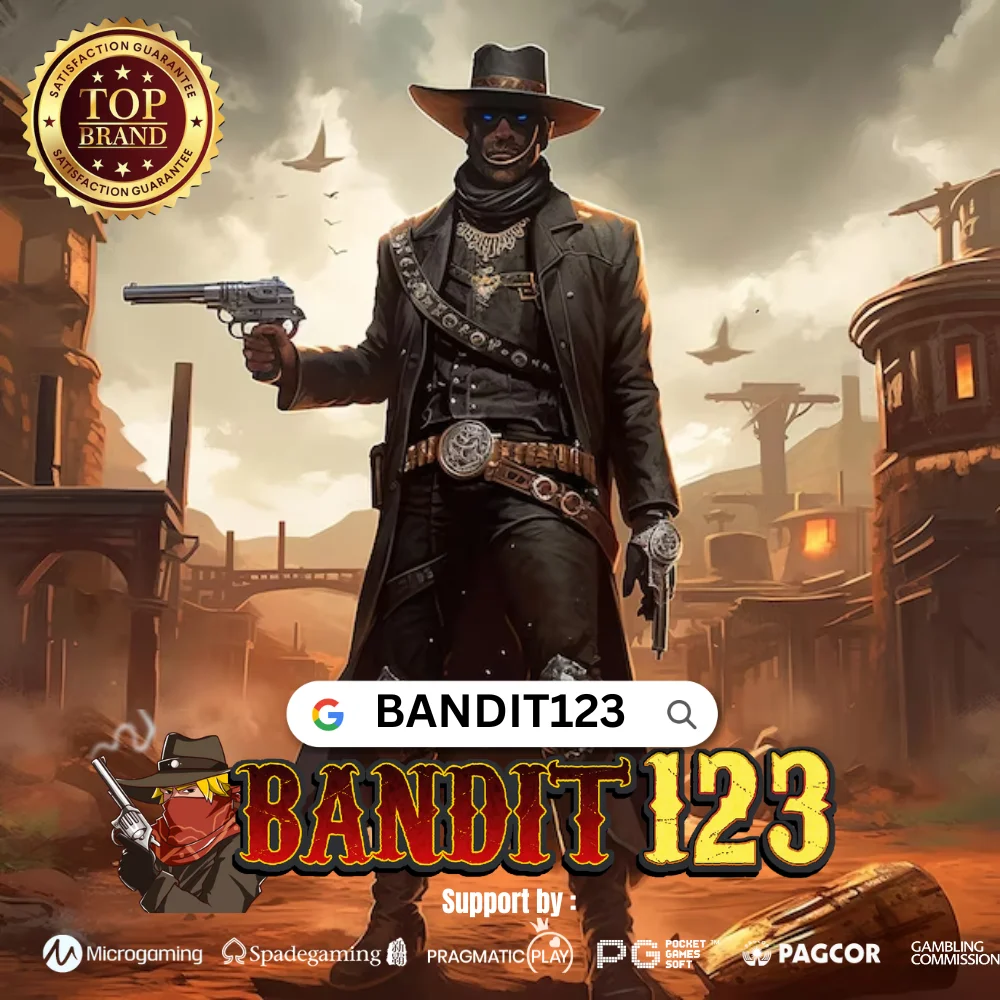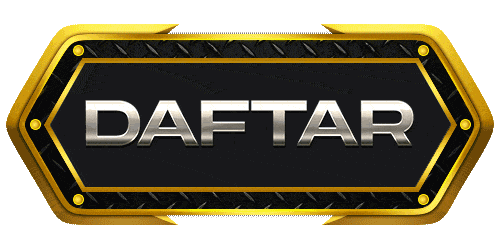Bandit123 = Greatest Slot Online In The Galaxy, Bandit 123 MANYALAAA!!!
Sale Price:IDR 20,000.00
Original Price:
IDR 50,000.00
Apa yang membuat anda semakin yakin jika anda akan menjadi orang yang sangat kaya? Ya benar anda harus bermain di Bandit123 jika ingin menjadi seorang yang mempunyai banyak uang. Bandit 123 dengan segala kemewahan,kemenangan dan kenyamanan bermain untuk mendapatkan uang menjadikan Situs Bandit123 manyala seperti ilmu padi. Daftar Bandit123 tidak lah sulit, anda hanya bermodalkan uang 20 ribu rupiah saja sudah bisa membawa pulang uang sebesar jutaan rupiah, apalagi ketika menggunakan aplikasi Sensor Gacor. Maka dari itu, jangan ragu, jangan bimbang, Login Bandit123 pasti gampang menang.
sale
Quantity:


